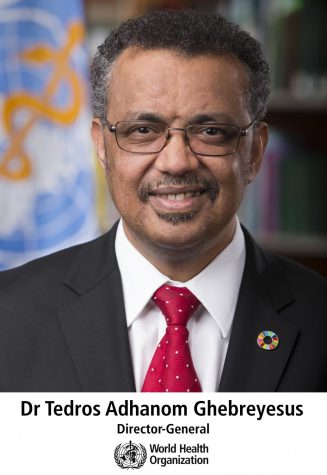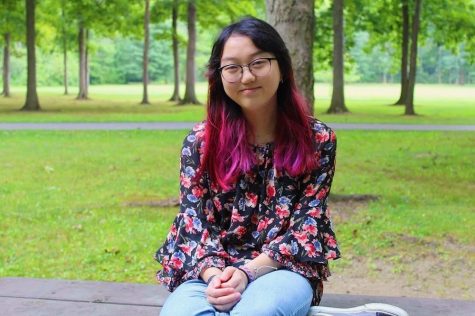World Health Organization addresses possible COVID-19 solutions
April 8, 2020

On March 27, 2020, three doctors from the World Health Organization (WHO) addressed possible solutions for the COVID-19 epidemic. Dr. Tedros Adhanom Ghebreyesus explained that during this time, there have been more than half a million confirmed cases of this virus and that more than 20,000 people have perished due to it. He understands that as the epidemic continues to spread throughout the world, there have been many questions about this virus and whether there’s a cure yet. Dr. Ghebreyesus admitted that he's trying to remain optimistic throughout this epidemic. He said, “These are tragic numbers, but let’s remember that around the world more than 100,000 people recovered.” With the rising panic, the WHO used the press conference to further explain the virus and answer some of the listeners’ questions. Ghebreyesus noted that one of the biggest concerns was whether they were working on finding a cure or not. The doctors collectively agreed that a vaccine could be 12-18 months away because they want to make this vaccine as effective as it could possibly be. Ghebreyesus said, “We must follow the evidence; there are no shortcuts.” Dr. Maria Von Kerkhove is another WHO physician who spoke, and she said as soon as anything is found out from different studies that they will tell the public immediately. Dr. Ghebreyesus mentioned that Norway and Spain enrolled in solidarity trials. This is a treatment in which researchers and health agencies use vaccines that were used in previous viruses to build a new vaccine. This saves time because they wouldn’t be making a vaccine from scratch according to Kerkhove. The more countries that participate in these trials, the more data that health companies can collect according to the WHO. The doctors in the WHO are encouraging countries from all over the world to join these trials. Dr. Kerkhove explained that there are different severities to this virus and the different symptoms that people should be looking out for. She said, “This virus can cause mild disease, it can cause moderate disease, which is described as people who have pneumonia but don’t need oxygen support, it can cause severe and critical disease, and it can kill some people.” Dr. Kerkhove and Dr. Michael J. Ryan spoke as well about how the virus can affect people of all ages, though the elderly and people with underlying diseases are often affected more. There have only been a few cases where a child has had the critical level of the virus and even fewer cases where they have died according to the health department reports. Dr. Ghebreyesus reminds the viewers that nobody’s going through this alone and that it’s okay to be worried. “No country can fight alone. We can only fight together,” he said.






















































